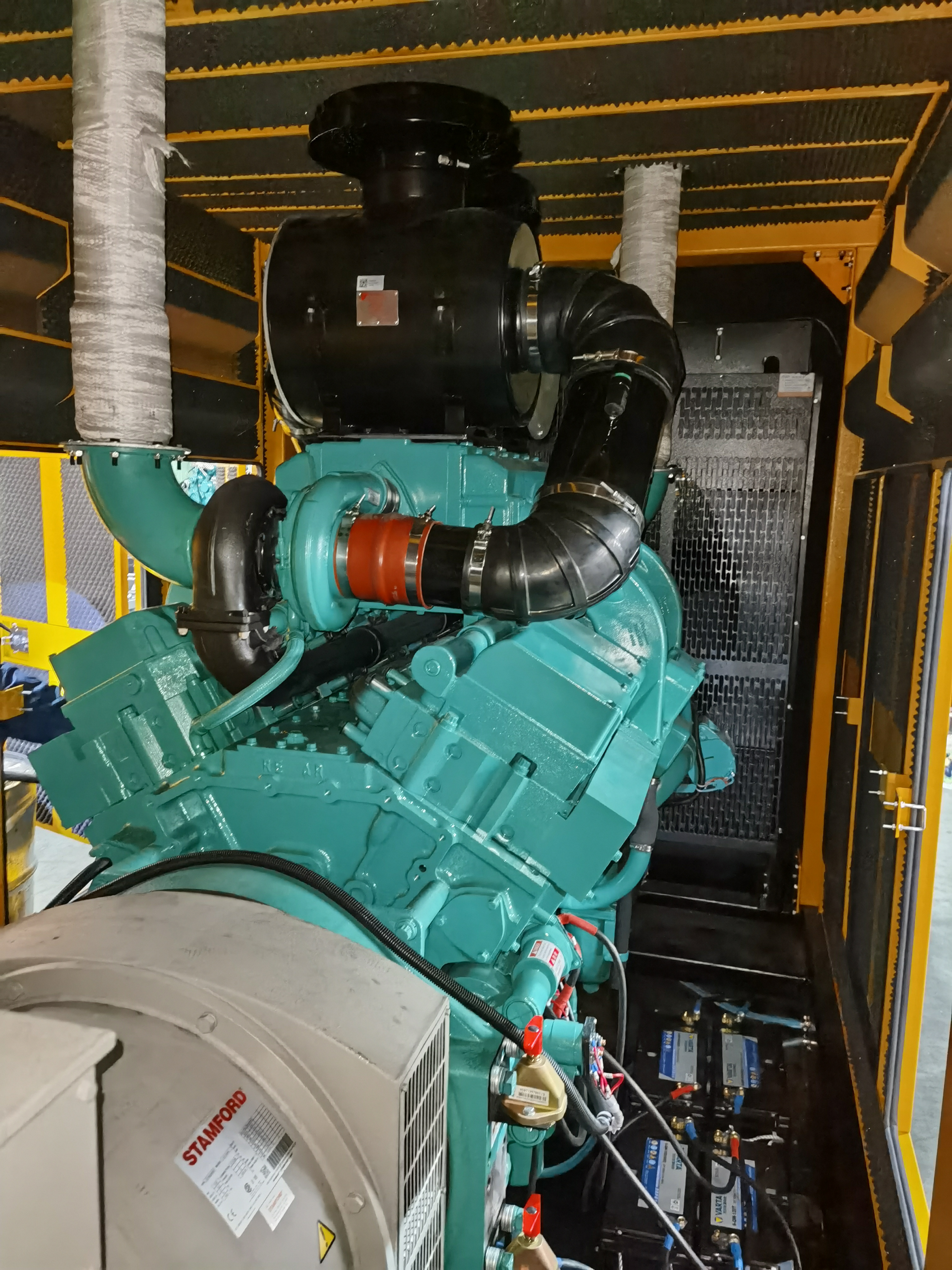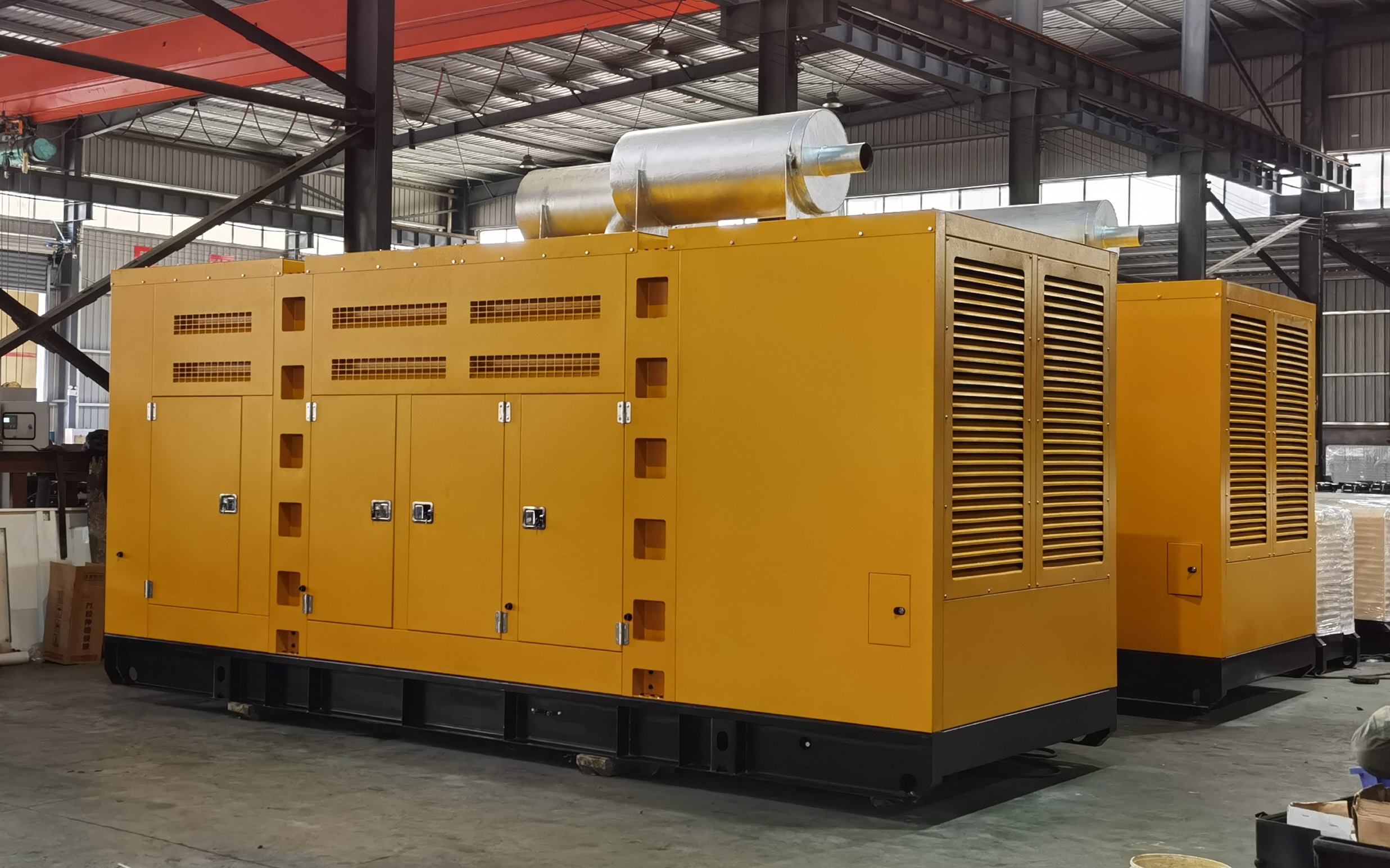-
Tel : +86-591-86397381
-
Email : sale@hosempower.com
-
Skype : +86-13205904365
Tel : +86-591-86397381
Email : sale@hosempower.com
Skype : +86-13205904365

Silent diesel generators have become a popular choice for various applications due to their ability to provide reliable power with minimal noise. This article explores the definition and basic working principle of silent diesel generators, the key components that contribute to noise reduction, and a comparison with standard diesel generators.
1. Definition and Basic Working Principle
#### Definition
A silent diesel generator is a type of power generator that operates on diesel fuel and is designed to produce significantly lower noise levels compared to standard diesel generators. These generators are engineered to provide the same power output and efficiency as their louder counterparts while minimizing the noise generated during operation.
Basic Working Principle
The basic working principle of a silent diesel generator is similar to that of a standard diesel generator:
1. Combustion Process: Diesel fuel is injected into the combustion chamber, where it mixes with air. The mixture is then compressed and ignited by the heat generated from compression, causing combustion.
2. Power Generation: The combustion process drives the engine's pistons, which, in turn, rotate the crankshaft. This mechanical energy is converted into electrical energy by the generator's alternator.
3. Power Distribution: The generated electrical energy is then distributed to the connected load, providing power to various applications.
2. Key Components that Contribute to Noise Reduction
Silent diesel generators incorporate several key components and design features to achieve lower noise levels:
1. **Soundproof Enclosure:**
- The generator is housed in a soundproof enclosure made of noise-absorbing materials. This enclosure significantly reduces the noise emitted during operation by containing and dampening the sound waves.

2. Mufflers and Exhaust Systems:
- Advanced mufflers and exhaust systems are used to minimize the noise generated by the engine's exhaust. These systems are designed to reduce the noise produced during the expulsion of exhaust gases.

3. Vibration Isolation:
- Vibration isolation mounts are used to reduce the transmission of vibrations from the generator to the surrounding environment. These mounts absorb and dampen vibrations, further reducing noise levels.
4. Cooling Systems:
- Efficient cooling systems are used to maintain optimal operating temperatures while minimizing noise. These systems often include quieter fans and enhanced airflow designs
3. Comparison with Standard Diesel Generators
Noise Levels
- **Silent Diesel Generators:** Designed to operate at significantly lower noise levels, typically below 75 decibels (dB) at full load, making them suitable for noise-sensitive environments.
- **Standard Diesel Generators:** Generally produce higher noise levels, often exceeding 85 decibels (dB) at full load, which can be disruptive in residential or commercial settings.
Applications
- **Silent Diesel Generators:** Ideal for use in residential areas, hospitals, schools, offices, event venues, and other noise-sensitive environments.
- **Standard Diesel Generators:** Commonly used in industrial and construction sites, remote areas, and applications where noise levels are less of a concern.
Design and Construction
- **Silent Diesel Generators:** Feature soundproof enclosures, advanced mufflers, vibration isolation mounts, and other noise-reducing components.
- **Standard Diesel Generators:** Lack these specialized noise reduction features, resulting in higher noise output.
Cost
- **Silent Diesel Generators:** Typically more expensive due to the additional components and engineering required to achieve low noise levels.
- **Standard Diesel Generators:** Generally more affordable but may require additional noise reduction measures, such as soundproofing, in noise-sensitive applications.
Conclusion
Silent diesel generators offer a quieter alternative to standard diesel generators without compromising on power and efficiency. By incorporating soundproof enclosures, advanced exhaust systems, vibration isolation, and optimized engine designs, these generators significantly reduce noise levels, making them ideal for a wide range of applications. Understanding the differences between silent and standard diesel generators can help you choose the right generator for your specific needs.